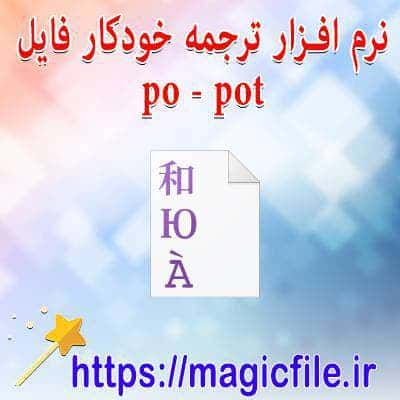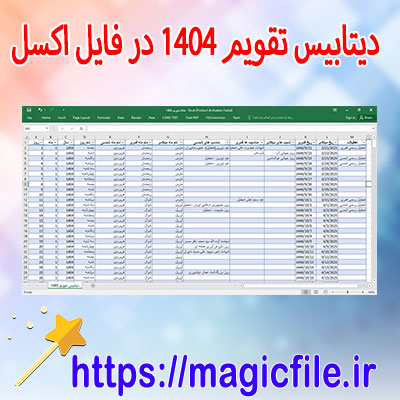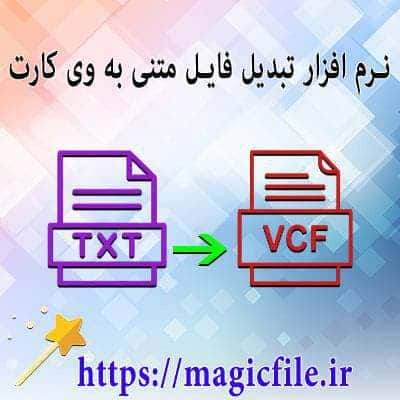عنوان: 504 واژه ضروری زبان انگلیسی
504 واژه ضروری زبان انگلیسی، مجموعهای از کلمات کلیدی و پایهای است که به یادگیری زبان آموزان کمک میکند. این واژهها، معمولاً در مکالمات روزمره، متون علمی و ادبیات بهطور مکرر استفاده میشوند.
این واژهها نهتنها به زبانآموزان در فهم بهتر زبان کمک میکنند، بلکه به آنها این امکان را میدهند که خود را بهراحتی در موقعیتهای مختلف بیان کنند. بهعلاوه، تسلط بر این واژهها، در امتحانات و ارزیابیهای زبان نیز بسیار مؤثر است.
از جمله ویژگیهای بارز این واژهها، تنوع و کاربرد آنها است. بهطور مثال، واژههایی چون "abandon" (ترک کردن)، "benefit" (مزیت) و "conclude" (نتیجهگیری) از جمله کلمات کلیدی هستند که در زمینههای مختلف به کار میروند.
به یاد داشته باشید که یادگیری این واژهها بهتنهایی کافی نیست. بلکه، باید آنها را در جملات و عبارات مختلف تمرین کنید. همچنین استفاده از تکنیکهای مختلف مانند فلش کارتها، تمرینهای نوشتاری و شنیداری میتواند به شما کمک کند.
در نهایت، یادگیری 504 واژه ضروری، نهتنها به تسلط شما بر زبان انگلیسی کمک میکند، بلکه اعتماد به نفس شما را در مکالمات و تعاملات روزمره افزایش میدهد. با توجه به اهمیت این کلمات، توصیه میشود که بهطور منظم آنها را مرور و تمرین کنید.
Understanding the Significance of the 504 Words in English
The 504 words are often regarded as a fundamental cornerstone for learners aiming to master the English language. These words, meticulously selected, encompass a broad spectrum of vocabulary essential for everyday communication, academic pursuits, and professional environments. Their importance cannot be overstated, particularly because they serve as a solid foundation upon which more complex vocabulary and language structures are built.
Origins and Purpose of the 504 Words List
Initially developed by the Educational Testing Service (ETS), the list was designed to aid students in preparing for English proficiency exams. The goal was simple yet profound: to identify the most frequently used words that learners must know to understand and communicate effectively. Over time, this list became a cornerstone resource for teachers, students, and language enthusiasts alike. The selection process involved analyzing countless texts, conversations, and formal writings to determine the most common and useful words.
Structure and Content of the 504 Words
The list is comprised of 504 essential words, spanning nouns, verbs, adjectives, adverbs, and prepositions. These words are not randomly chosen; they are selected based on their frequency of use, relevance, and utility in various contexts. For example, common verbs like "take," "make," "go," and "come" appear, along with essential nouns such as "thing," "place," and "people." Adjectives like "good," "bad," "big," and "small" are also included, making the list an invaluable tool for both speaking and writing.
Why the 504 Words Matter
Having a grasp of these words dramatically improves comprehension, speaking, and writing skills. When learners familiarize themselves with these words, they can better understand spoken language and written texts. Moreover, they can express ideas more clearly, confidently, and accurately. For learners preparing for exams, mastering these words can significantly boost scores, as they are often tested in reading, writing, and vocabulary sections.
Practical Applications of the 504 Words
Many language courses, textbooks, and vocabulary-building apps revolve around these words. They serve as a core curriculum for beginners and intermediate learners. For example, students might be encouraged to learn these words through flashcards, exercises, or contextual sentences. Teachers might focus on these words to develop reading comprehension exercises or writing prompts.
Limitations and Criticisms
Despite their usefulness, some argue that relying solely on the 504 words can limit vocabulary growth. Language is dynamic, and new words emerge constantly. Therefore, learners should view the list as a starting point—an essential foundation—rather than the entire vocabulary. Moreover, understanding how to use these words contextually is just as critical as memorizing them.
Conclusion
In essence, the 504 words form a vital building block for anyone learning English. They facilitate basic communication, comprehension, and confidence. While not exhaustive, mastering these words opens doors to more advanced language skills and helps learners navigate the complexities of English with greater ease. Ultimately, they serve as a stepping stone—an indispensable part of the journey toward fluency.





